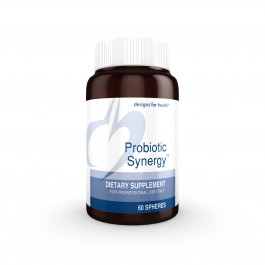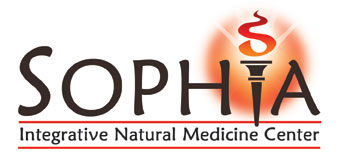Allergy Relief
Do you have any allergies?
As Spring is in the air, allergy season brings the usual sneezing, itchy eyes and congested runny nose.
Thankfully, there are natural remedies to help prevent and aid in allergy relief.
Here they are…
1. Probiotics
According to The North American Journal Medical Sciences, “Probiotics may have an important role in the prevention and treatment of allergic rhinitis (seasonal allergies). One of the most important aspects of the beneficial effect to the host organism is that the Probiotics can interact with the host immune system and may modify the natural course of the allergic disease.”
With this mentioned, moving forward, these micro-organisms are considered a must for gut health. If you think about it, the majority of our immune-system is located in the intestines. For this reason, it’s vital to eat fermented foods high in healthy bacteria such as kimchi and apple cider vinegar. If you’re not into fermentation, try taking a daily probiotic that is of a medical grade quality.
2. NAET
As many of us know – or don’t know – joint pains, headaches, indigestion, etc., stem from allergies (seasonal, food, etc.). Therefore, NAET (Nambrudripad’s Allergy Elimination Techniques) implements kinseology (muscle-balancing techniques), specific testing and organized treatments that involve changing ones diet and acupuncture to control active allergies.
In one study called Effects of NAET as Relates to Most Common Allergy-related Subjective Pain Syndrome in a Chiropractic-Acupuncture-NAET Office, the data explains, “Approximately two-thirds of the sample group experienced resolution of symptoms within the first 15 – 25 visits.”
3. HistaEze
This medical grade and all-natural product encapsulates a blend of key ingredients to boost the immune-system.
One of the ingredients is Quercetin – this is bioflavonoid that prevents the body from releasing histamines – which creates inflammation. As you may have learned, inflammation is a main culprit in the cause of allergy symptoms.
Other ingredients include vitamin c and nettle leaf – all historically known as immune mediators.
4. Acupuncture
How does Acupuncture work? Simple – it brings the body into “balance.”
As much now understood, the symptoms of allergies are only expressions of internal imbalance. Therefore, Acupuncture works along specific pathways to resolve these “imbalances” and instead, create harmony.
On the contrary, according to a study called Efficacy, effectiveness and cost-effectiveness of acupuncture for allergic rhinitis – An overview about previous and ongoing studies, the evidence points that, and I quote, “There is insufficient evidence for an acupuncture specific effect in seasonal allergic-rhinitis.”
However, these studies are based off of a very small sample size (less than thirty patients) and an average of ONLY six Acupuncture sessions – that’s all.
From clinical experience, six Acupuncture sessions won’t effectively treat allergies – it will only scratch the surface.
In all honesty, further studies with larger patient sizes and longer ongoing trials of at least eight weeks and two treatments per week – minimum must be conducted. Further, there are many other factors such as, needle technique, practitioner experience, etc., that need to be standardized and emphasized.
Plus, Acupuncture is not a stand alone therapy – its traditionally combined with other medical treatments to enhance the Acupuncture outcome.
Bottom line, Acupuncture may prevent and treat a wide range of allergies – when strategically combined with other Chinese medical therapies and when the right amount of treatments are administered correctly.
At the SOPHIA Natural Health Center, when it comes to understanding and successfully treating allergies, we use a synergistic blend of both Western Functional Medicine and Traditional Chinese Medicine.
In a nutshell, SOPHA only uses all-natural and proven methods to effectively prevent and heal the body from the inside out. For more information, call 203-740-9300 to schedule for a complimentary consultation.
More:
3 Ways to Detect if You Have Food Sensitivities
Allergies and Global Inflammation
Chris Maslowski, L.Ac.

